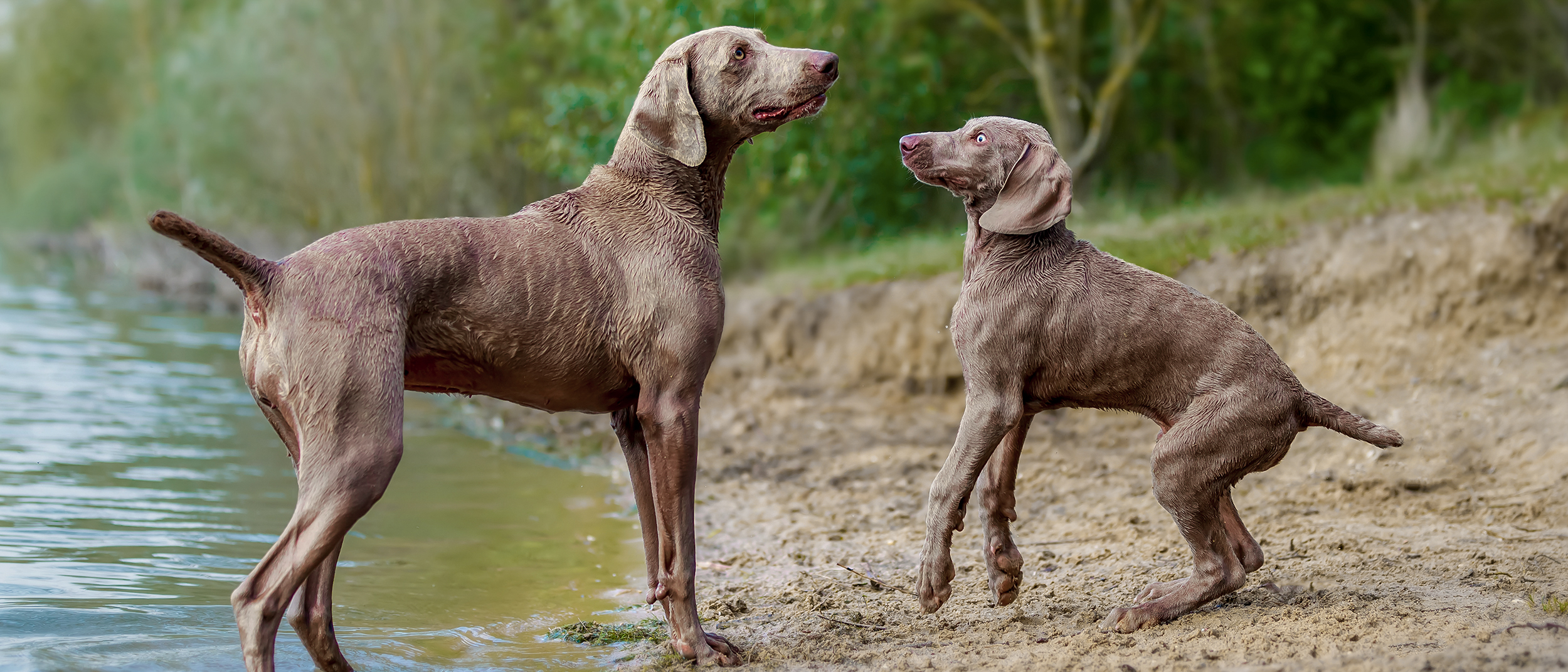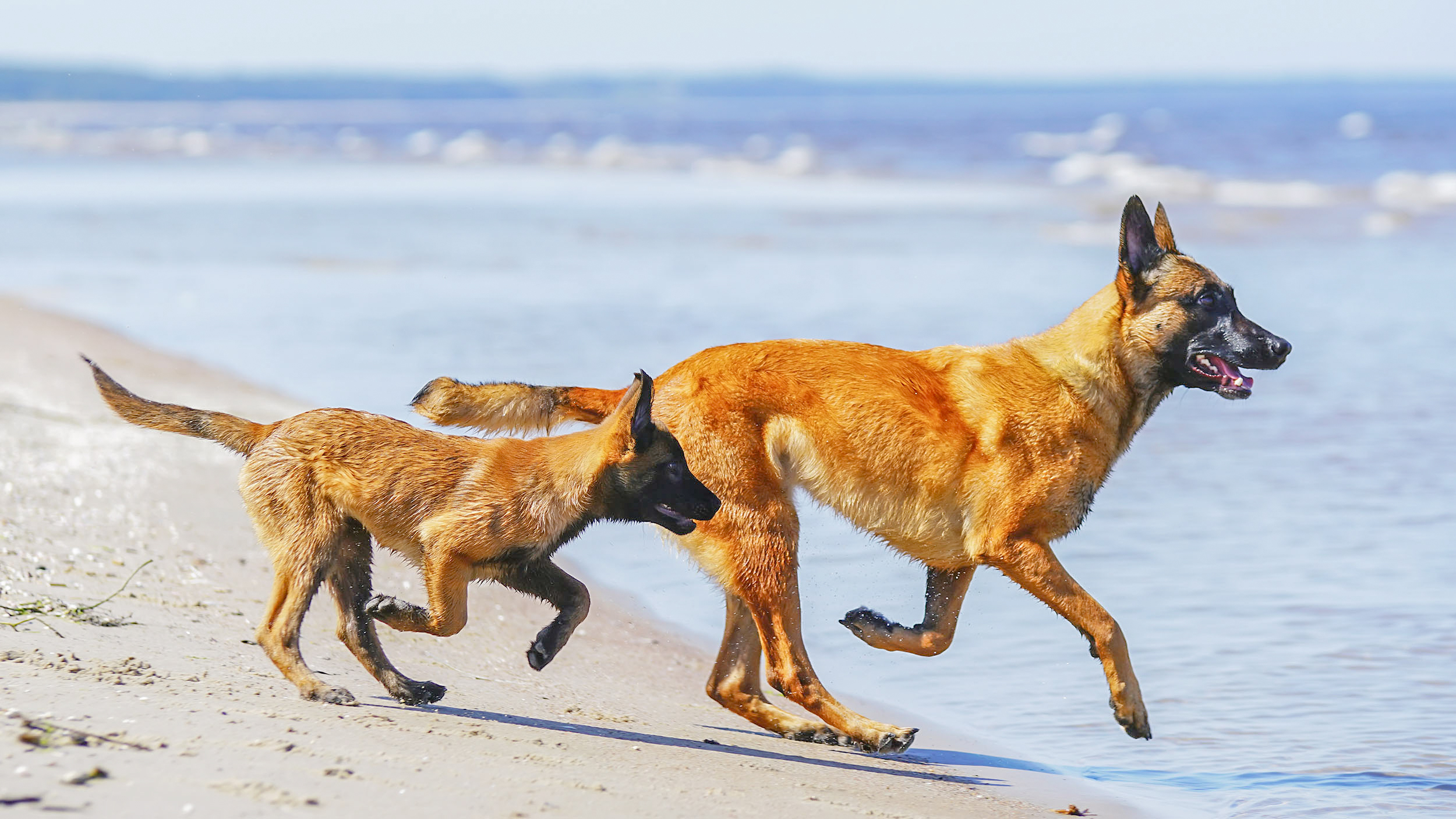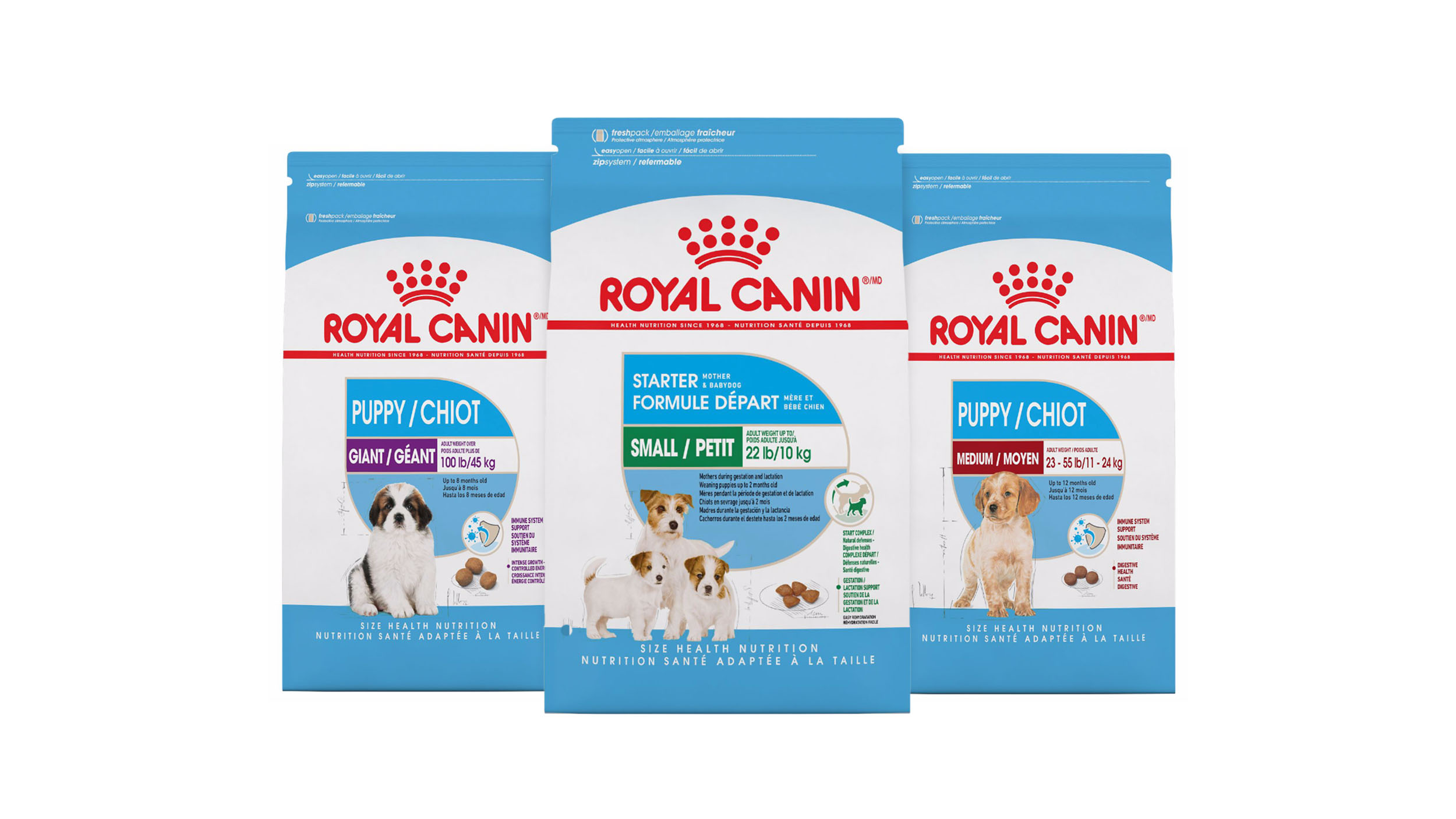Када моје штене постаје одрасли пас?
Article

Ваше штене има своју јединствену личност и изглед – али има и јединствене прехрамбене потребе. Како одраста, оно што је за ваше штене потребно путем исхране ће се мењати док на крају не постане здрав, одрастао пас. Али шта му је тачно потребно и када је званично „одрасли пас“?
Када моје штене постаје одрасли пас?
Доба када ваше штене постане одрасли пас зависиће од његове расе и величине. Све расе су категорисане у пет величина паса: изузетно мали, мали, средњи, велики и џиновски. Ваше штене ће постати одрасли пас у следећим годинама:
- Изузетно мала раса (4 кг): осам месеци
- Мала раса (5 – 10 кг): 10 месеци
- Средња раса (11 – 25 кг): 12 месеци
- Велика раса (26 – 44 кг): 15 месеци
- Џиновска раса (45 кг и више): 18 до 24 месеци
Различите класификације када је ваше штене „одрасли пас“ настале су због дужине фазе раста код раса различитих величина; великим и џиновским псима потребно је много више времена да у потпуности сазру него мањим псима, иако сви они имају налет интензивног раста.
Шта је штенету потребно у исхрани
Тело штенета пролази кроз значајне промене како брзо расте, без обзира на величину и расу. Штенци захтевају већу количину калцијума у исхрани од одраслих паса како би био подржан правилан развој скелета.
Такође им је потребно више протеина, јер брзо граде мишиће и друга телесна ткива. Њихова храна треба да буде енергетски набијенија него за потпуно одраслог пса, јер нису у стању да једу толико пуно, али им је потребно пуно енергије која би подржала њихову физиологију у развоју.

Јединствени проблеми са штенцима
Исхрана и нега вашег штенета ће морати да узму у обзир два специфична проблема који погађају младе псе много више од одраслих паса: њихов осетљив систем за варење и смањен имунитет.
Штене има слабији систем за варење од одраслог пса, нарочито одмах након одбијања од мајчиног млека, и лако се узнемири променама у окружењу или новом храном. Треба му давати храну одговарајуће величине, облика и текстуре како би могло лакше да је једе. Храна треба да је и високо сварљива како би из ње могло да добије све хранљиве састојке, а да то не изазива стомачне тегобе.
Између старости од четврте до 12. недеље, штенци улазе у фазу која се назива „имунитетски прозор“. Ту се подршка имунитета мајке који се преноси кроз њено млеко, смањује, док његова природна одбрана још увек није у потпуности развијена. Током овог периода његова исхрана представља кључни начин подршке овом процесу и јачању имунитета храњивим састојцима попут витамина Е.
Прелазак са исхране за штенце на исхрану за одраслог пса
Када ваше штене достигне зрелост, можете променити његову исхрану и негу како бисте били сигурни да добија тачно оно што му је потребно сада када је потпуно одрасло.
Одраслим псима су потребна два оброка дневно, а храна треба да је нутритивно уравнотежена како би му пружила потребну енергију без превише масти. Можете лагано прећи на нову храну уводећи је полако током једне недеље: мешајте је са његовом храном за штенце, постепено повећавајући проценат нове хране, тако да се ваш пас навикне на њу.
Related Articles

Прилагођена исхрана за ваше штене
Палета храна које помажу у изградњи њиховог природном имунитета, подржавају здрав раст и развој система за варење.
Лајкуј и подели страницу